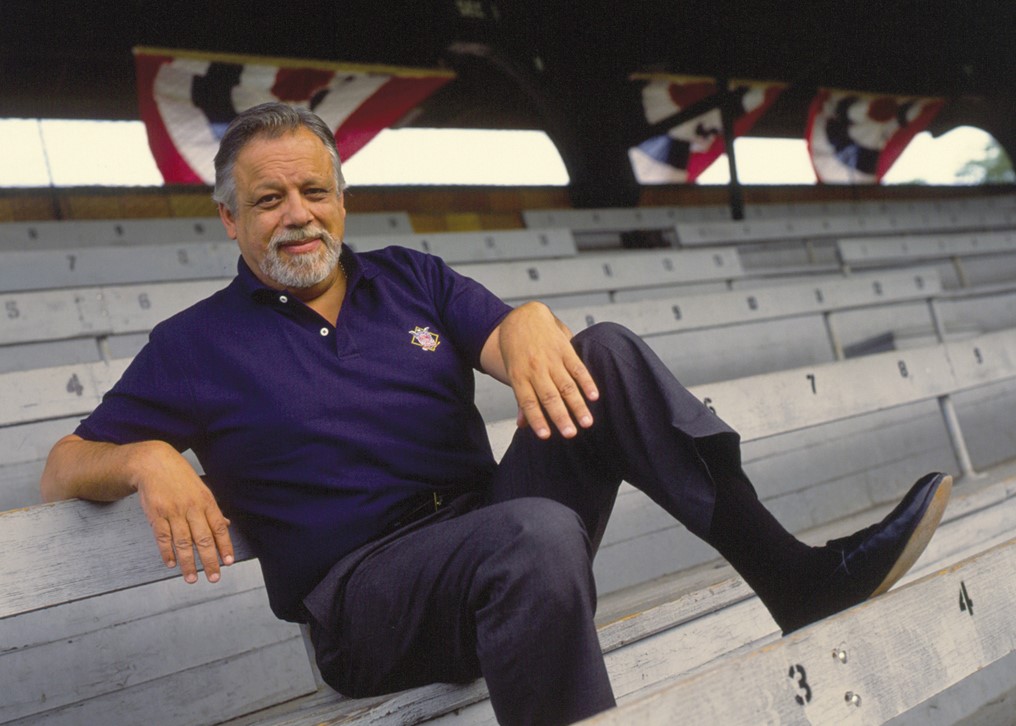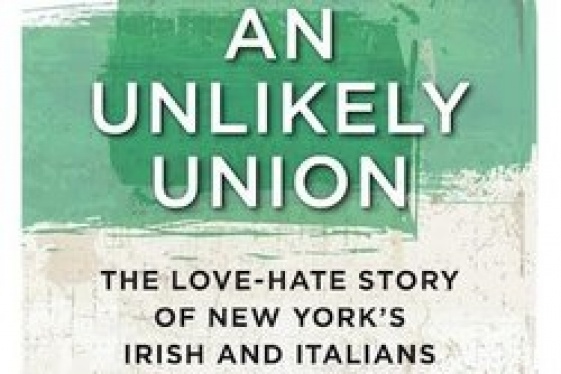

In 1977, a thirty-nine-year-old Italian American professor of Renaissance literature, A. Bartlett Giamatti, was chosen as the next president of Yale University, a radical act that was immediately perceived as a threat to the university’s embedded, eugenics-driven, Anglo-Saxon mentality.
Eugenics, as practiced in America, and especially at Yale, locked into place those who were deemed “unfit” due to beliefs about their ethnicity, class, and racial character, beliefs that had endured for decades and to which Giamatti’s selection, as an Italian American and therefore, to some, one of the “unfit,” was an open rebuke.
In Fearless, Neil Thomas Proto explores the origins of Giamatti’s ethical convictions, including his insistence on fairness, his respect for the duty of responsible citizenship, and his advocacy for people on the margins. Proto argues that these convictions, which would inform Giamatti’s time at Yale as well as his brief tenure as commissioner of Major League Baseball, can be understood only in the context of Giamatti’s family and the deeply entwined and conflicted histories of Yale and New Haven itself—a history that Giamatti, who had been both a student and a professor at Yale and who had Italian American relatives in New Haven, knew very well.
Historian Sean Wilentz wrote that “Bart Giamatti was a phenomenon who lived the lives of several men even though his own ended tragically early.” Giamatti confirmed his underlying imperative through to the end of his life: “Rest,” he wrote, “will come by never resting.” Fearless is a story about persistence against forces ugly, embedded, and more pernicious than simply racial and ethnic discrimination, and about the principled embrace of civic duty passed on generationally and used fully as the ethical sword and shield necessary to challenge them.
“In Fearless, Neil Proto tells the extraordinary life story and career of A. Bartlett Giamatti as he became a distinguished professor of Renaissance literature, a pathbreaking president of Yale University, and the seventh commissioner of Major League Baseball. Proto writes with the candor, directness, thoroughness, and passionate pursuit of truth that also characterized Giamatti. His compelling biography is a shining achievement.”
— Nick Kotz, Pulitzer Prize–winning reporter and author of Judgment Days: Lyndon Baines Johnson, Martin Luther King Jr., and the Laws That Changed America
“Through the story of the Giamatti family and the focus on A. Bartlett Giamatti, Proto is able to write a microhistory of a significant part of twentieth-century America. The way he interlocks immigration, race, intellectual history, education, urban history, local politics, academic politics, intellectual history, and biography is splendid. It is a magisterial lesson in civic education and the duty of citizenship. The book is a pleasure to read; one does not want to put it down. The research is impeccable and voluminous.”
— Samuele F. S. Pardini, author of In the Name of the Mother: Italian Americans, African Americans, and Modernity from Booker T. Washington to Bruce Springsteen
You may be interested
-
'Phantom Limb': A Conversation With Dennis...
Dennis Palumbo is a thriller writer and psychotherapist in private practice. He's the auth...
-
An Unlikely Union: The love-hate story of Ne...
Award-winning author and Brooklynite Paul Moses is back with a historic yet dazzling sto...
-
Former Montclair resident turns recipes into...
Former Montclair resident Linda Carman watched her father's dream roll off the presses thi...
-
''La Gente di Mulberry Street'' presentato a...
Valsinni- Italia, terra di emigranti. Presentato a Valsinni il nuovo saggio storico di Raf...
-
'An Unlikely Union' author Paul Moses on his...
by Ginger Adam Otis Any journalist who has ever been an author has lived through...
-
'An Unlikely Union': Paul Moses on the urban...
Few American cities, with the possible exception of Chicago, do urban ethnic drama like Ne...
-
'Augie’s War' novelist to appear at Elkins bo...
Charleston author and Gazette-Mail wine columnist John H. Brown will conduct a book readin...
-
'Ferrante Fever' Documentary: A Literary Phen...
It's generally accepted that, in order to achieve fame and fortune, one must be prepared t...













